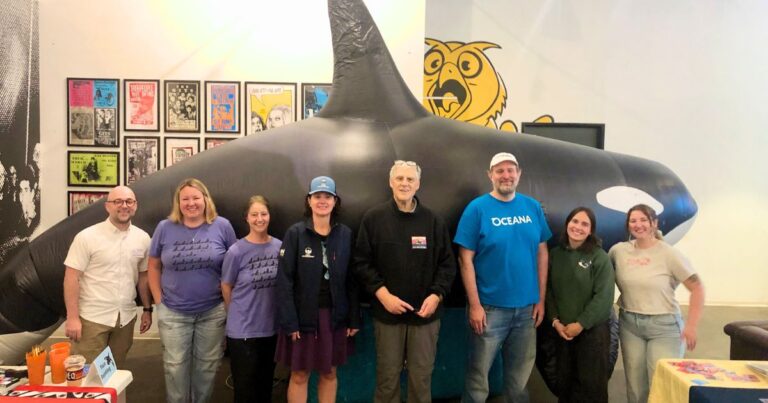You may not find them included in the ingredient list, on the nutrition label, or anywhere on the food package. Yet they can impact your health just as sugar or hydrogenated oils can. They are hidden toxic chemicals and they’re contaminating our food. Now, the American Academy of Pediatrics has taken notice and is warning parents that chemicals in food, whether added directly as flavorings or colorings, or indirectly as adhesives or coatings, are not good for kids’ health.
The American Academy of Pediatrics (AAP), which represents over 67,000 pediatricians from across the country, is sounding the alarm in a new report which states that our kids may be disproportionately affected by chemicals in food. The report states, “Children may be particularly susceptible to the effects of these compounds, given that they have higher relative exposures compared with adults (because of greater dietary intake per pound), their metabolic (ie, detoxification) systems are still developing, and key organ systems are undergoing substantial changes and maturation that are vulnerable to disruptions.”
The report details how over 10,000 chemicals can be added to food and food contact materials in the U.S., but the chemicals are not subjected to the safety testing one might expect. The report raises a flag about the following chemicals used in food packaging or processing equipment that can get into food:
- Phthalates: This hormone-disrupting class of chemicals is used to make plastic soft or add fragrance to personal care products. But these chemicals are also used in food processing equipment and are found in foods like hard cheeses and powdered cheese used for mac and cheese.
- PFAS chemicals: These industrial nonstick and waterproofing chemicals are found in everything from firefighting foam to carpeting to food packaging, like microwave popcorn bags. Fortunately, these chemicals are now being phased out of paper food packaging in Washington state, but their past use means they’re in our environment and can move up the food chain.
- Bisphenols: The most notorious chemical in this class is bisphenol A (BPA), which is found in food can linings and some hard plastics. These chemicals can disrupt the endocrine system and can get into food packaging in the cans.
- Perchlorate: This chemical is used in plastic food packaging, and in bleach used to disinfect food processing facilities. Perchlorate is associated with harm to fetal and child brain development.
AAP recommends that parents avoid processed foods and plastics (especially plastics numbered 3, 6, and 7). That might work for some, but communities that either cannot afford or do not have access to fresh food may not have the luxury of avoiding processed food.
It’s clear that we need more than just a warning. A warning isn’t going to ensure that all kids have access to food free of harmful chemicals. Parents shouldn’t have to worry that the food they give their kids could make them sick, and no parent should have to become an expert on chemicals in food to protect their kids’ health!
AAP calls for amending the federal law regulating food additives, but there’s far more state policymakers, food companies, and consumers can do to eliminate these hidden chemicals in food.
Specifically:
- Policymakers have a responsibility to ensure laws and policies protect people from toxic chemicals in food. Given the unlikelihood that the Trump administration will act, states should lead the effort to protect our food from toxic chemicals by passing laws like Washington’s ban on PFAS chemicals in food packaging.
- Food companies have a responsibility to their consumers to make sure the food they sell is safe. Companies must adopt policies and practices that keep harmful chemicals out of their products.
- Consumers must demand both policymakers and companies protect the health of their smallest customers and keep food free of harmful chemicals.
Because at the end of the day, our food should be safe to eat!
Interested in getting involved? Contact our Campaign Organizer at [email protected].




